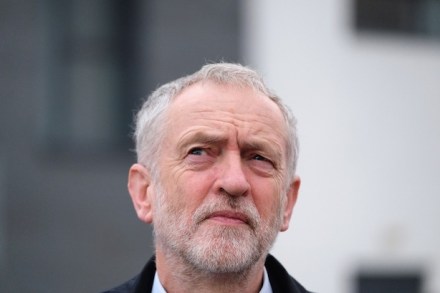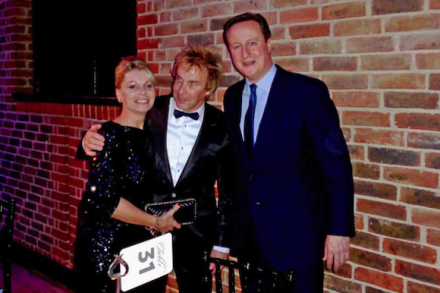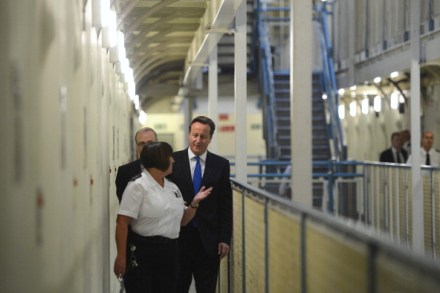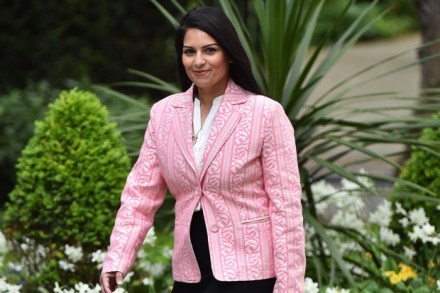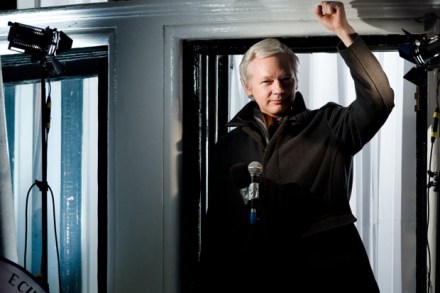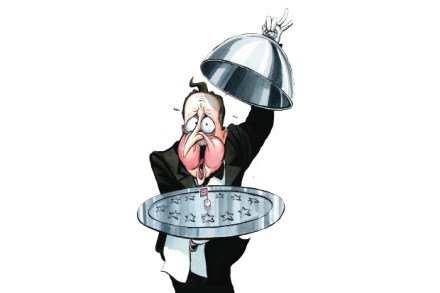PMQs sketch: Cameron’s new tactic to steal Corbyn’s mascot
Housing is Jeremy Corbyn’s second favourite subject (after drainage lids). Back in the 1970s the grateful proletariat hailed his long years of service as Commissar For Council Accommodation in the People’s Republic of Haringey. At his retirement, chanting school-girls tied garlands of lilies around his brows and presented him with a commemorative Rent Book in a frame. Marching bands played. Fireworks fizzed and thundered. Private landlords were burned in effigy. What Corbyn learned from his housing career was to grind his enemies into submission with tedious blasts of numbers. But Cameron likes a good statistic himself and when Corbyn accused the government of building one new council house for every
